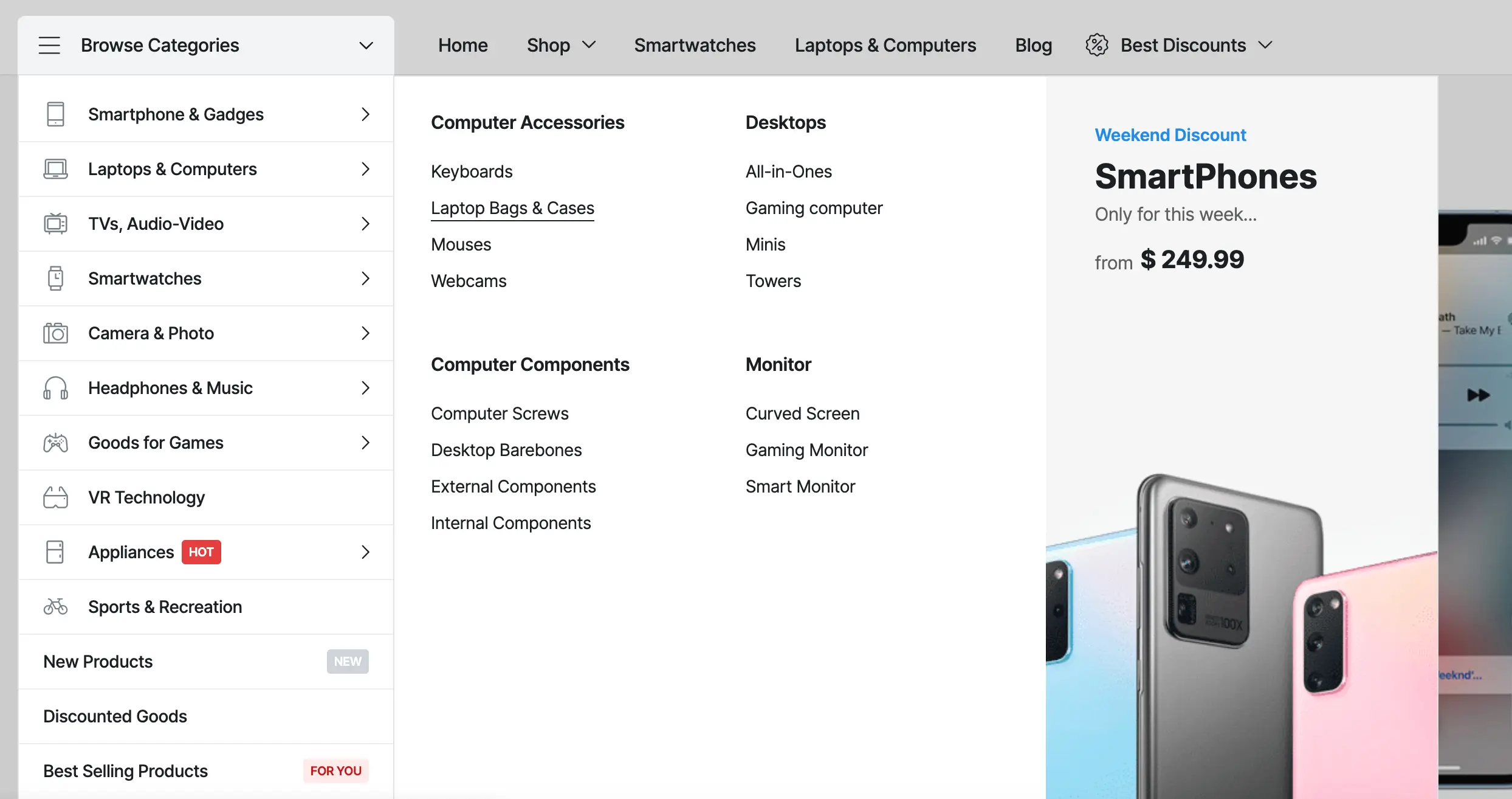The Good and the Bad of .NET Framework Programming
Developing and designing apps for the users is nothing less than an uphill battle today. You must take care of everything – from infusing the apps with premium features to delivering exceptional user experience.
Besides, your app should be highly performant and secure, and provide the target users with almost everything they’re looking for in an app.
There are several factors that impact the end results of an app development process. The choice of framework is the most important one of all these factors.
Here, we will talk about one of the most competent frameworks of today – .NET. So, let us get to it:
What is the .NET framework?
Powered by Microsoft, .NET is an open-source, cross-platform framework. It uses an assortment of libraries, languages, and editors for the development process. With .NET, you can build multiple types of applications like web and mobile apps, gaming apps, IoT apps, microservices, and more.
The framework uses multiple languages including C#, Visual Basic, and F#.
With .NET being a cross-platform framework, you can run your code in any suitable OS, regardless of which language you choose to write it. The framework helps developers create cross-platform as well as platform-specific apps.
Now that we have touched the basics of the .NET framework, let us have a look at its good and bad sides. Is it all fun and games or does this framework have a downside that you don’t know yet? Let us find out below:
The Good Side of .NET
Here are some advantages offered by .NET over other competing frameworks:
- Caching System You Can Trust
Caching is a common term we use in everyday life. The data stored through caching belongs to an information request made by the user in a previous session on the app, browser, or device. As this data takes time to be retrieved from its original storage, it is temporarily stored via caching for fast access.
When you use .NET, you use an extensible and reliable caching system that is powerful yet easy to use. With the feature of Object Cache, you can improve how your app performs. It is done by creating and implementing a custom cache. This way, your apps become smoother and more scalable.
- A Safe and Secure Framework
The .NET framework is well-known for its safety features. Besides giving an option for the developers to write an app in any compatible language, the framework keeps it all safe. No wonder why it is widely used by government organizations to create EdTech and FinTech apps.
When paired with servers like SQL and software like ASP, .NET becomes the safest framework of all, making it suitable for many industries and businesses.
If we judge .NET on the basis of its Vulnerability Density (defects in the sample code), we can say it is safer than Java. It is because the Vulnerability Density of .NET is 27.2 while that of Java is 30.0.
- The OOP Factor (Object-Oriented Programming)
Object-oriented Programming or OOP is where developers build an app in small parts or chunks of code. Thus, the developers can tackle these chunks one by one. So, when work is done in such a way, they can focus on one small part of development at a time and when they are done with this part, they can move on to the next.
At the end, when all small parts are complete, the developers can combine them into one big project, resulting in an efficient app. The OOP form of development is time-efficient, fast, and less chaotic, making programming easy and less daunting.
- Visual Studio IDE
IDE is short for Integrated Development Environment, which helps developers access all useful tools in a single product. With IDE, it is easier to write and test the app.
Visual Studio from Microsoft helps developers debug, build, and release their apps across all available platforms and operating systems. Visual Studio’s integration with .NET allows it to work in language-specific environments. It also helps developers customize the environment as per the preferences of users.
The Visual Studio IDE also has compilation features. You can use a single IDE for all your .NET apps. For developers, real-time collaboration, integrated code reviews, and Git-first workflow have been made easier by Visual Studio.
Along with these three advantages, .NET also offers benefits like high-quality apps, lesser and simpler coding, community support, and more.
The Bad Side of .NET
Now that we have looked into the advantages of .NET, let us dive into its disadvantages as well:
- Microsoft’s Ownership
With .NET being under Microsoft’s ownership, developers face the issues that come with vendor lock-in. Even after starting the project from scratch and working entirely on it themselves, the developers don’t entirely get the project’s control.
They still have to play by the rules set by Microsoft, which limits their authority on their app.
- Costly with Licensing Fee
There are licensing costs when you use .NET. However, the bigger your project gets, the more licensing fees you will have to pay. Thus, the costs may stack up, making your app development process costlier than you plan.
To give you a rough idea, Visual Studio alone can cost you more than $530 a year, which makes the app expensive.
- The OOP Complexity
When we talk about OOP, we know it is effective and makes the life of developers easy. However, OOP is supported by a framework called Entity Framework, which is not as flexible as you may expect.
Entity Framework is not compatible with new database designs. Thus, making it difficult for the developers to get the right support with their Object-Oriented Programming processes.
- The Issue of Memory Leaks
It has been a common concern among users that .NET has issues related to memory. Many instances of memory leaks make it notorious among the community of developers.
If you don’t know already, a memory leak happens when a framework does not release memory that it no longer requires. Also, as your application keeps on scaling, the number of leaks also increases in .NET.
To curb the problem, .NET has provided a garbage collector but it does not seem helpful enough. But with the community of developers, it gets easy to detect leaks.
Conclusion
So, these were the advantages and benefits of .NET. If you have been planning to use it as your preferred framework for the next project, you can make a choice based on the above pointers.
It can be said that besides certain drawbacks, .NET is still a good framework that you can rely on. It offers ease of use, simplicity of code, and other benefits like an easy redesign, cross-platform development, a wide variety of tools, integration with many libraries, and more.
If you don’t have the expertise in .NET, hire .NET developer and cash in on its benefits.
Related Articles
If you enjoyed reading this, then please explore our other articles below:
More Articles
If you enjoyed reading this, then please explore our other articles below:






















 2019-2025 ©
2019-2025 ©